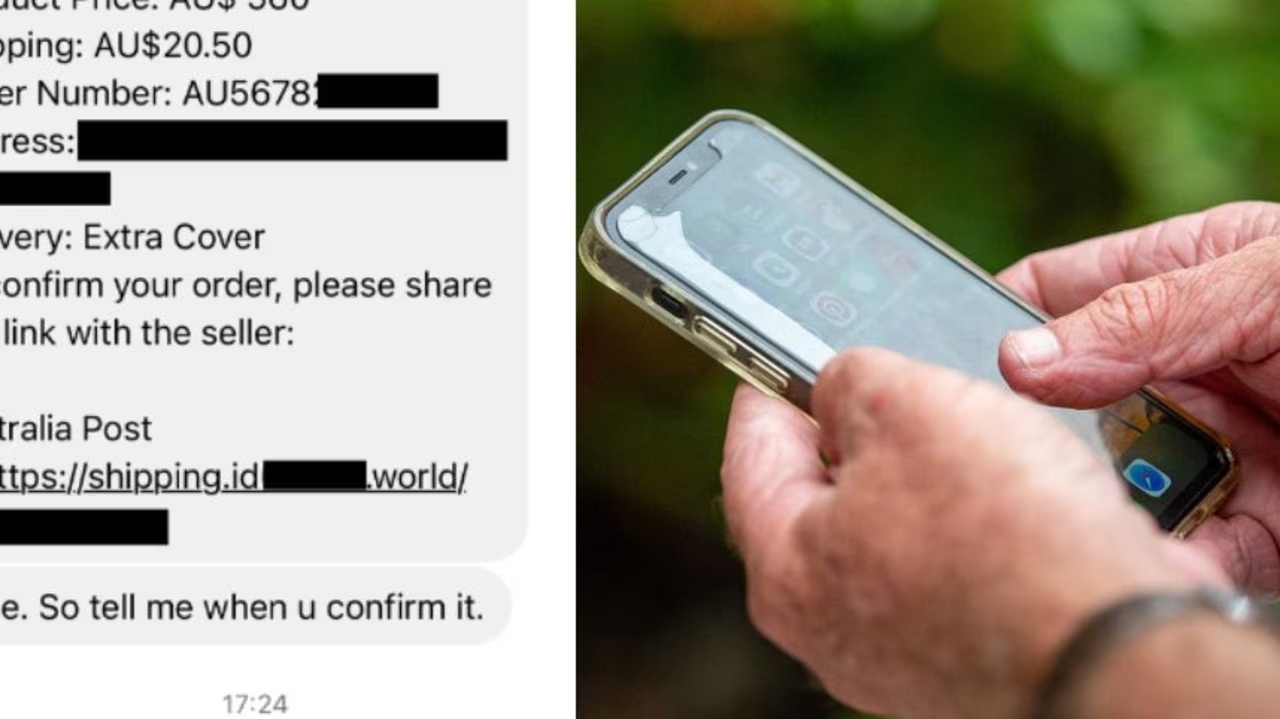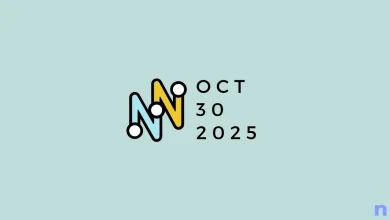Postal scams surge ahead of Christmas

As the festive shopping season heats up, Australians are being warned to stay vigilant against a rising wave of postal scams targeting online buyers and sellers.
Australia Post has flagged a sophisticated trick circulating on Facebook Marketplace, where scammers pose as interested buyers.
They claim they will pay for an item once postage is organised and send sellers a link or QR code via Facebook Messenger.
Clicking the link directs sellers to a fake Australia Post courier service, which asks them to pay for a collection.
In reality, the site does not provide any postal service and is designed to steal financial and personal information.
Research by Australia Post found that more than 90 per cent of Australians had received a scam text or call from someone pretending to be from the postal service.
Almost 75 per cent of customers reported scammers impersonating Australia Post shipping or delivery services.
Adam Cartwright, Australia Post’s chief information security officer, urged the public to be cautious.
“As the pre-Christmas sales ramp up and more Aussies are expecting deliveries, scammers are exploiting that anticipation and urgency to trick people into clicking fake links or handing over personal information,” Mr Cartwright told 9News.
“If you receive a message asking for personal or payment details, you can be confident it’s not from us.”
He advised Australians that the safest way to track a parcel is through the official AusPost app and reminded that Australia Post never requests personal or financial information through text messages, emails or phone calls.
Customers should immediately report any scam attempts if they are asked for passwords, credit card information, or bank details via call, text, or email.
Australia Post has also sounded the alarm on the return of the so-called ‘Dracula’ scam.
Fraudulent messages claim a delivery has failed due to an invalid postcode and direct victims to a website that mimics the official postal service page, asking for personal information.
The scam is particularly sophisticated, using end-to-end encrypted messaging to bypass traditional detection methods, Australia Post said.
Read related topics:Facebook





